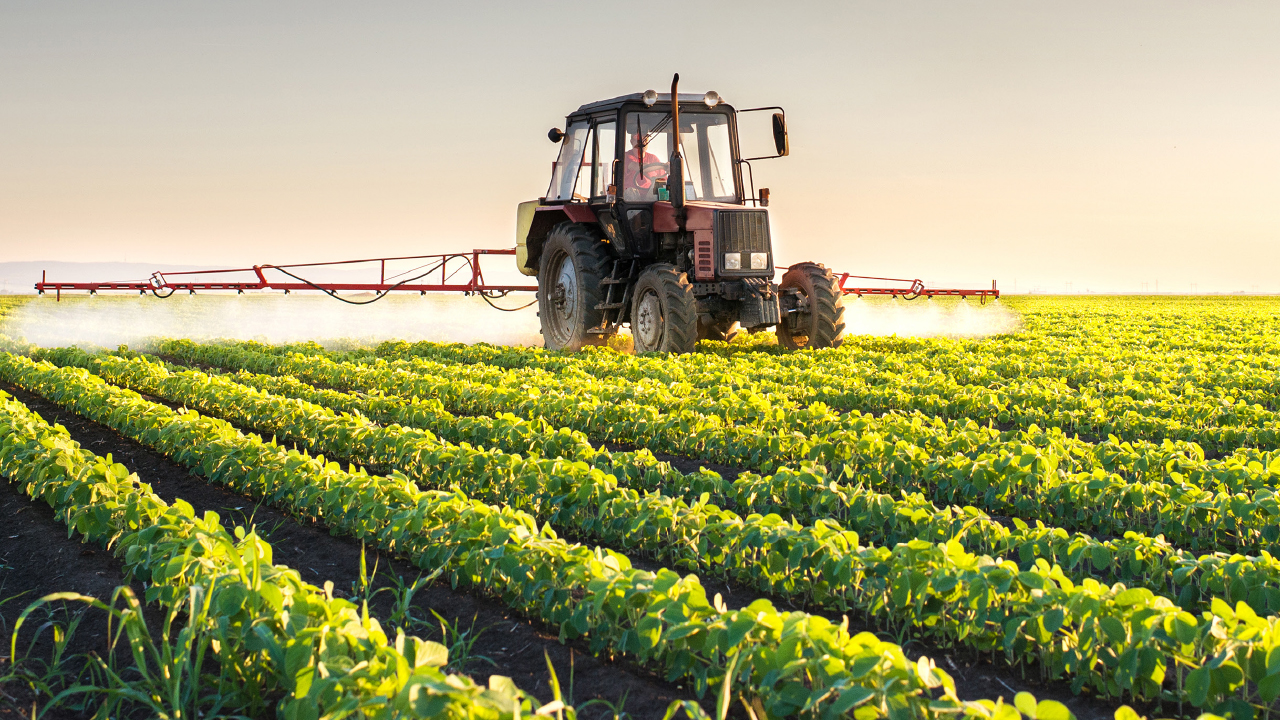
Plant Production &
Management Systems
Our Research Focus
Plant production and management systems bring together plant science disciplines including crop and soil science, horticulture, entomology and plant pathology. This focus area also includes researchers in the departments of biosystems engineering and agricultural economics and rural sociology who work on plant production and management. Key research topics of interest include plant production and protection, cropping systems, adaptability and resiliency, agricultural technology and innovations, and the impact of agricultural production systems on the ecosystem.
Interdisciplinary teams
- Automation and data-driven decision systems
- Genetics and genomics for improved crop cultivars
- Plant production systems, fertility and plant-soil-microbial interactions
- Tactical sciences for biosecurity and plant protection
Automation & data-driven decision systems
With agriculture becoming increasingly data-intensive, this research team works to develop models and investigate new technologies that can help farmers make decisions about the best management practices for their crops. Farmers can use technologies such as unmanned aerial vehicles, yield monitors, thermal imaging systems and variable rate fertilizer and irrigation equipment to take overhead pictures of their fields, identify plants under heat or water stress, measure their crop yields and fine-tune fertilizer and water applications.
Biosystems engineering professor Bill Batchelor said the team he leads is developing tools that will help producers analyze data and use the technology. The team’s research includes developing sensors to measure soil properties, generating and utilizing global weather data, and a proposed project to investigate technologies that improve the sustainability of growing cotton and peanuts.

Genetics & genomics for improved crop cultivars
This team includes plant pathologists, plant physiologists, entomologists and breeders who work to develop new and better crop cultivars. Researchers study pathogens and organisms that cause problems in plants and work to breed cultivars that are resistant to or tolerant of disease and insect pests. For example, Prof. Spiers conducts plant evaluations to test cultivar characteristics such as fruit quality and yield and also evaluates various cultivars or selections from breeding programs to determine how they perform in different regions of Alabama. Often, the group’s research intersects with human health systems and sustainable ecosystems as well, such as increasing drought tolerance in peanuts and breeding for enhanced nutritional components.
Plant production systems, fertility & plant-soil-microbial interactions
Plant growth starts in the soil, and understanding the microorganisms that break down organic matter to produce vital nutrients in that soil is an important part of plant production systems. This research team, studies plant-soil-microbial interaction and how that relates to agronomic and horticultural crop and animal production.
The team includes crop and soil scientists, environmental and animal scientists, horticulturalists, entomologists, plant pathologists and ag economists. Research touches on everything from soil health to pest and disease control to forage crops. An example of a current integrated project is a study on how cover crop grazing affects soil health in row crop production systems. Soil, forage and animal scientists are involved in the project.
Healthier soils with higher amounts of microbe-produced natural fertilizer means higher production and lower costs for farmers.
Healthier soils with higher amounts of microbe-produced natural fertilizer means higher production and lower costs for farmers.
This research team’s ultimate goal is to “increase yield without increasing fertilizer use and pesticide use,” said Feng.
Tactical sciences for biosecurity & plant protection
Pests and pathogens present major challenges to keeping agricultural and landscaping crops healthy and productive. This research team focuses on biosecurity and plant protection to hold those threats in check. Through applied plant sciences, researchers are identifying strategies to prevent plant losses to disease and insects both during production and after harvests. Some team members investigate novel approaches for quarantining regulated pests, such as fire ants, and others are monitoring the spread of the invasive soybean rust pathogen through sentinel soybean plots planted throughout Alabama. For example, Dr. Held, Professor of entomology, is collaborating in a multistate study on fighting the crepe myrtle bark scale insect, a pest that is causing serious damage to the South’s crepe myrtle population. Ag economists are also on the team to study the insect’s long-term financial effects on crepe myrtle producers.
